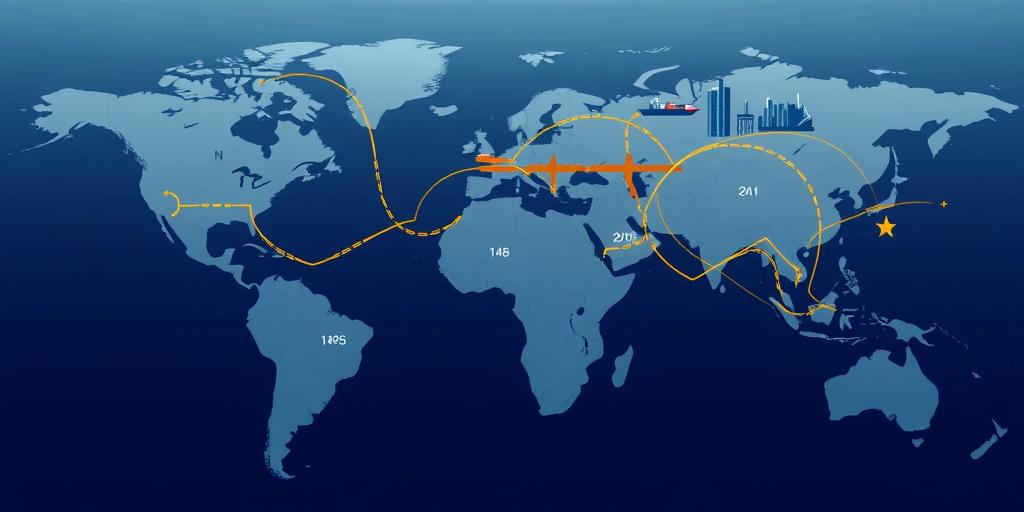The Belt and Road Initiative (BRI), launched in 2013 by China, is one of the most ambitious infrastructure and investment projects in history. It aims to connect Asia with Africa and Europe via land and maritime networks, enhancing regional connectivity and promoting trade and economic cooperation. This analysis delves into the geopolitical implications of the BRI, examining its strategic motivations, impacts on participating countries, and the responses from other major global powers.
Strategic Motivations China's BRI is driven by several strategic objectives:
- Economic Growth: The initiative seeks to boost China's economic growth by expanding its export markets, securing access to resources, and promoting the internationalization of the Renminbi.
- Geopolitical Influence: The BRI aims to increase China's geopolitical influence by establishing itself as a central player in global infrastructure development and fostering closer ties with participating countries.
- Domestic Development: The initiative supports domestic development by utilizing excess industrial capacity, creating jobs, and promoting regional development within China.
Impacts on Participating Countries The BRI has significant impacts on participating countries:
- Infrastructure Development: The initiative provides much-needed infrastructure development, including roads, railways, ports, and energy pipelines, which can improve connectivity and facilitate economic growth.
- Economic Benefits: Participating countries can benefit from increased trade, investment, and economic cooperation with China and other BRI partners.
- Debt Sustainability: However, some countries face challenges related to debt sustainability, as they may become heavily indebted to China to finance BRI projects. This has raised concerns about debt traps and potential loss of sovereignty.
Responses from Major Global Powers The BRI has elicited varied responses from major global powers:
- United States: The United States views the BRI with caution, perceiving it as a strategic challenge to its global influence. The U.S. has promoted alternative initiatives, such as the Blue Dot Network and the Build Back Better World (B3W) partnership, to offer alternative infrastructure development options.
- European Union: The European Union adopts a dual approach, seeking to cooperate with China on specific BRI projects while also emphasizing the need for transparency, sustainability, and adherence to international standards. The EU has launched its own infrastructure initiatives, such as the Global Gateway, to promote sustainable connectivity.
- India: India has been critical of the BRI due to concerns about sovereignty and regional security. India opposes the China-Pakistan Economic Corridor (CPEC), a flagship BRI project that passes through disputed territory. India has promoted alternative connectivity projects, such as the Asia-Africa Growth Corridor (AAGC), in partnership with Japan.
Geopolitical Challenges and Opportunities The BRI presents several geopolitical challenges and opportunities:
- Geopolitical Competition: The initiative intensifies geopolitical competition between China and other major powers, particularly the United States and India, as they vie for influence in the Indo-Pacific region and beyond.
- Regional Stability: The BRI has the potential to enhance regional stability by promoting economic cooperation and connectivity. However, it can also exacerbate existing tensions and create new conflicts, particularly in regions with territorial disputes or political instability.
- Global Governance: The BRI challenges existing global governance structures and norms, as China seeks to reshape international norms and institutions to better reflect its interests and values. This has implications for issues such as trade, investment, and human rights.
Conclusion The Belt and Road Initiative is a transformative initiative with far-reaching geopolitical implications. While it offers significant opportunities for infrastructure development, economic growth, and regional connectivity, it also poses challenges related to debt sustainability, geopolitical competition, and global governance. As the BRI continues to evolve, it will be essential for participating countries and major global powers to navigate these challenges and opportunities to ensure that the initiative contributes to sustainable and inclusive development.









